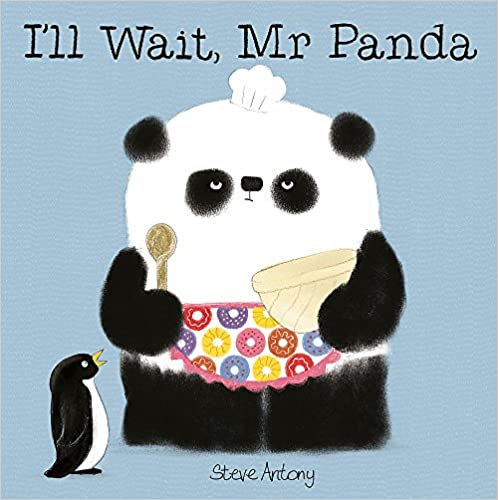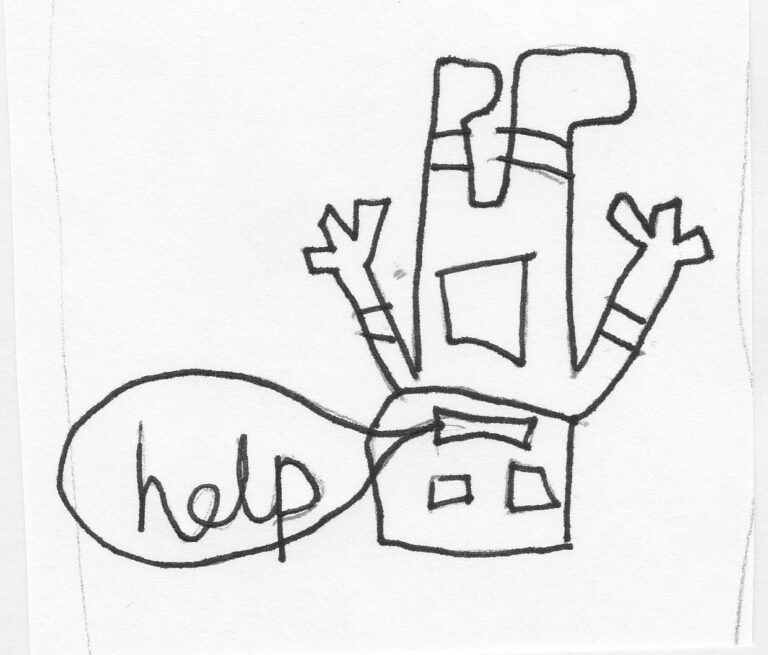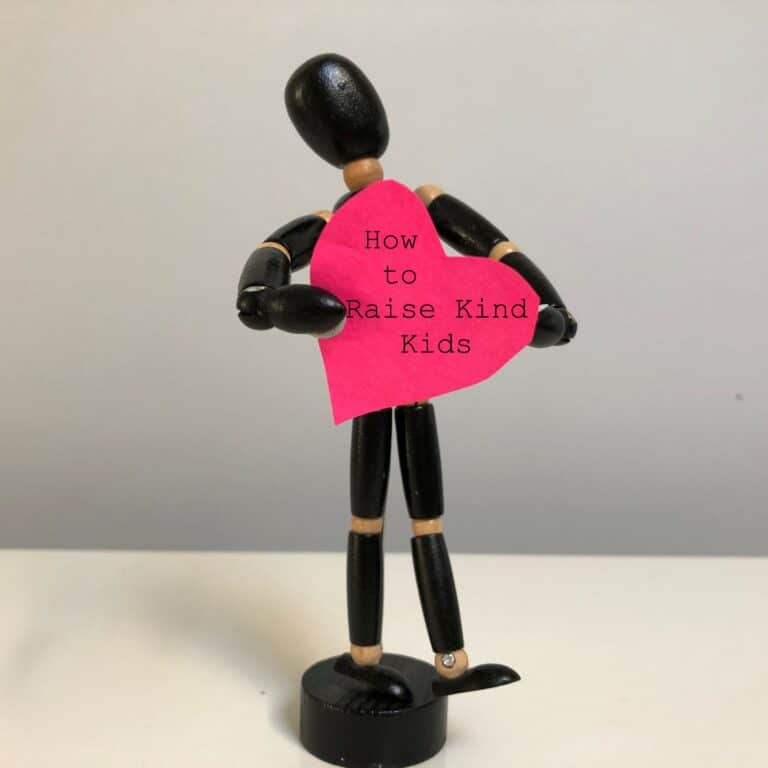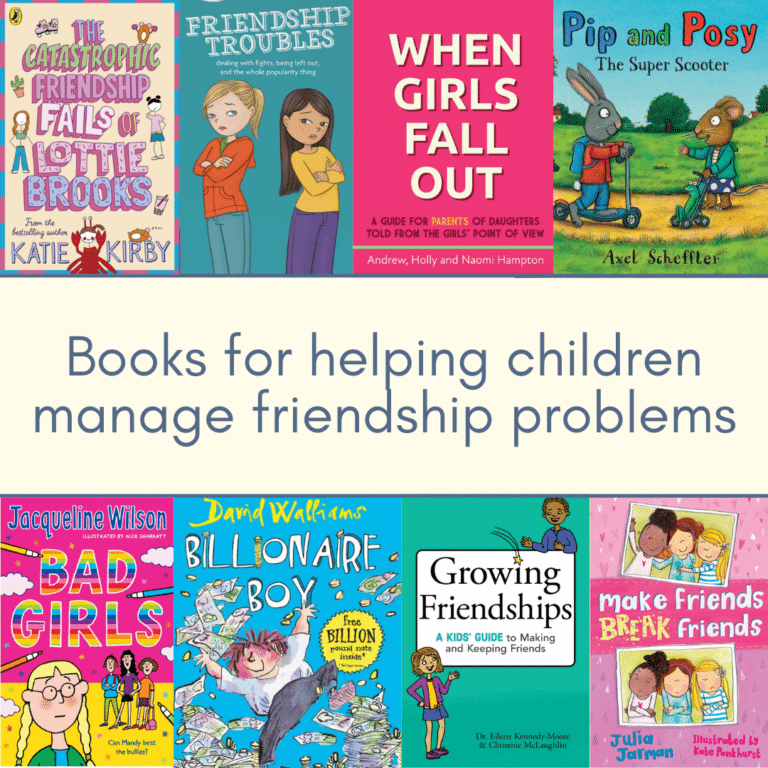How can parents support children’s ‘Theory of Mind’?
‘Theory of Mind’ is the label psychologists give to a young child’s growing awareness that other people have thoughts, feelings and intentions that might be different from their own. Having good theory of mind skills at age 4 has been linked to better social and emotional outcomes throughout childhood.
The development of a Theory of Mind starts with a baby learning to follow an adult’s gaze and culminates when a child is able to predict the thoughts of others based on their situation or perspective (even if these thoughts are different from what the child believes to be true). This occurs at around 4½-years-old. The classic test for Theory of Mind is a false belief experiment.
Why does Theory of Mind matter?
Theory of Mind skills are associated with other important competencies such as language acquisition and children’s ability to understand the effects of their actions on others. So, the level of development of a pre-schooler’s theory of mind skills will contribute to their social skills, their friendships and their ability to get on with other children and understand other people’s perspectives.
What are the developmental milestones?
- In the first year of life, babies learn to distinguish people from other objects. They learn to follow another person’s gaze, to point in order to direct an adult’s attention and to engage in joint attention activities (like looking at a book together with an adult).
- As their language skills develop, toddlers learn the words for feelings and desires. They start to respond to other people’s emotions with altruistic behaviour (such as getting a tissue for a child who is crying, or giving them a hug).
- From around the age of 3, children are able to talk about their thoughts, memories and feelings. (This develops at around 5-years-old to being able to talk about more complex states like ‘knowing’, ‘planning’ or ‘concentrating’).
- By around 4½-years-old, children can predict that another child will believe there are sweets in a sweets box even if they themselves know that the sweets have been replaced with pebbles. Many four year olds are able to tell complex lies in order to manipulate the thoughts or beliefs of others!
How can parents support Theory of Mind?
There are two main ways that parents can support children to develop a Theory of Mind. The first is through what psychologists call ‘mental state’ talk. This is the type of conversation that increases children’s awareness of other people’s feelings and perspectives. For example, it might include talking to your child about what someone else wants (e.g. that another child also wants to play with the same toy). Or about the fact that different people like different things (you like the red cup but your brother likes the green plate). Or about how another person is feeling and why (such as talking about a character in a book who is sad).
The other factor that seems to support the development of Theory of Mind is when parents are ‘mind-minded’. This means positioning your child within a conversation from their earliest days as a person with separate thoughts and feelings. For example, when changing a baby’s nappy, a parent responding to a change in expression by saying “You like that, don’t you!” The more parents make reference to a baby’s thoughts and mind at 6-months-old, the better their theory of mind skills at age 4.
Having an older sibling also supports the development of a Theory of Mind – but that’s not necessarily something parents can control!






